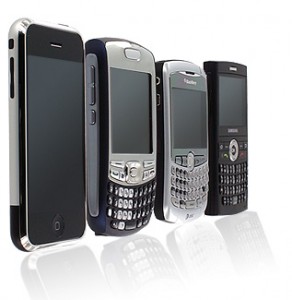
If you’re a typical American with a family, chances are you have one or more PDAs, MP3 players, or other electronic media gadgets in your household. Needless to say, these devices can cost several hundred dollars, not to mention the value of the information, songs or other media, and the cost to restore this electronic information if damaged or destroyed. Are you insured? Is insurance really the answer?
Mobile information devices like PDAs and MP3 players occupy the bags and pockets of tens of millions of Americans. These devices can be pricey, often costing hundreds of dollars. The cost to obtain the information programmed on these gizmos can be exponentially more. If your portable device is damaged or stolen, will these costs be covered by your insurance?
The good news is that most homeowners policies cover personal property while it is anywhere in the world—a positive considering the nature of these devices. The bad news is that coverage is limited—meaning the check you receive after the loss may not be what you expect.
While many believe their iPod is “worth” thousands of dollars, a homeowners insurance policy is designed to cover “direct physical loss” to property. Therefore, a typical policy will cover the cost of the device itself but not the cost of the information stored on the device. Some homeowner policies include coverage for loss to “personal records,” which may include information stored on a portable device. However, not all will do so and those that do likely limit coverage to a relatively small amount.

Whether used for business, personal, or both, cost to replace the device itself is likely the extent your insurance will pay if it is damaged or stolen. The best way to protect the information contained in the device is to back-up data periodically. Then, even if you have to replace the device, you won’t have to start from scratch.
Please call our office if you have questions or we can help you in any way. Happy Holidays!









